UBI for Stroud
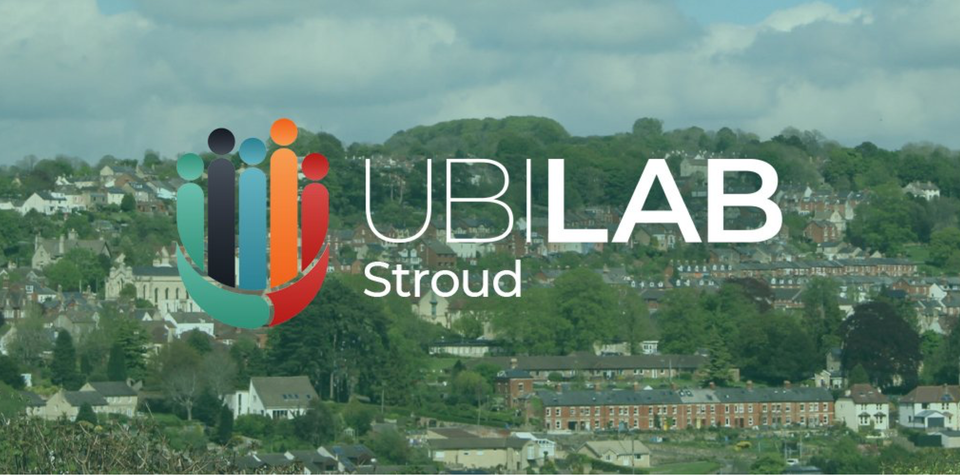
by Emma Kernahan
The 47th UBI Lab in an international UBI Network was founded by four Stroud locals, all with a background in community work.
They had first gathered six months previously, to discuss a community response to rising levels of hardship in the Stroud District, post lockdown.
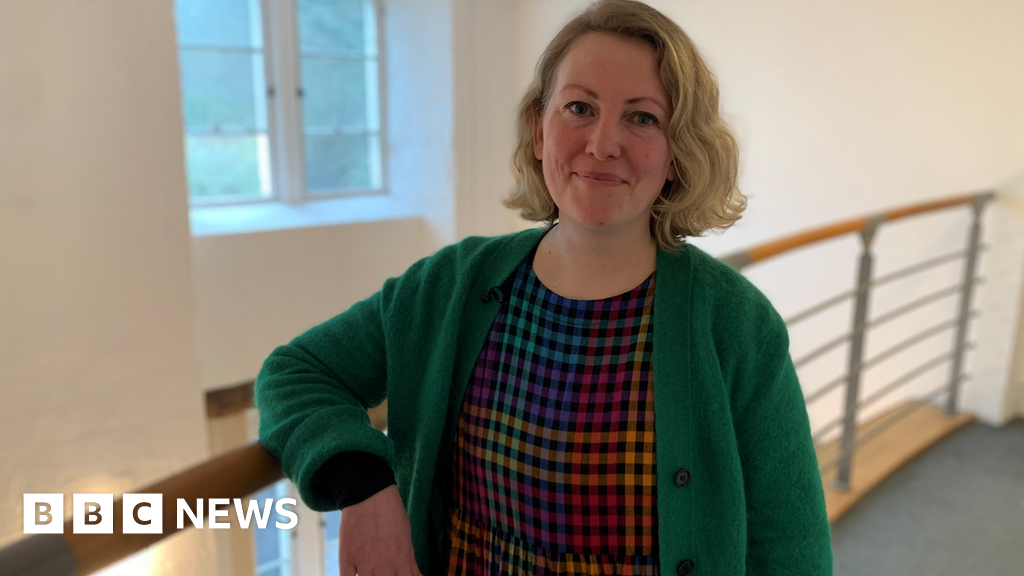
Inspired by the recent cross party motion passed for a local trial, and tired of scrabbling for sticking plaster support for Stroud residents, they were looking for a way to bring the local community together to find ways to stop fighting fire, and start building for the future.
What is UBI?
A Universal Basic Income — sometimes also described as an "Unconditional Basic Income" — provides everyone with a regular guaranteed payment, which, depending on the model, may vary from modest to generous. It would replace a big chunk of our current welfare system, with additional payments for those with disabilities and/or caring responsibilities (this is known as UBI Plus).
Another way of putting it is that basic income establishes a guaranteed income floor, which nobody can fall below. It is unconditional, meaning it has no strings attached. A bit like having access to the NHS for healthcare, a basic income would be the same for everyone, regardless of their employment, family or financial situation, and people are not forced to do anything in return for payments.
Sounds expensive —
How would we pay for it?
When talking about the cost of a UBI, it's important to distinguish the gross cost from the net cost. The gross cost is the total amount paid out per year in a UBI for everyone. (Critics of UBI will often use the gross cost to make it seem more expensive than it is.)
The net cost is the total amount paid out in a UBI minus all the money it would save. For example, higher taxes or a smaller health budget would cancel out some or all of the cost of a UBI. Many of the larger scale schemes depend on tweaks to the taxation system, which would leave lower and middle income households better off.
It’s also worth considering the kind of cash that the UK government can suddenly find when it wants to, like the £93 billion we spend every year on corporate subsidies and tax breaks. During the pandemic, while individuals and governments have become poorer, billionaire wealth has grown faster than at any point since records began. The money is there. It’s just in the wrong place.

Ideas that benefit everyone are often dismissed as ridiculous, utopian and expensive.
They are, we are told, simply not how the world works. These are familiar arguments. They’ve been used against the introduction of the two day weekend, the abolition of slavery, equality before the law, universal suffrage, social housing, the NHS. And yet, we have these things. They have benefitted all of us more than we can measure.
Can it really happen?
A basic income might sound radical, but in fact it’s already happening all over the world. The huge potential cost benefits have shifted it into the mainstream since the pandemic.
Covid has opened up new horizons for what is possible politically - and individually, as we all gain a fresh perspective on our lives.
The combined pressures of austerity, inflation and a cost of living crisis have exposed the inadequacies of our current approach to welfare and work. Formerly comfortable families across the UK are now facing a gap between expectation and reality:
Many of the things we all used to take for granted - state pensions, free healthcare, affordable housing, care for the elderly and vulnerable - are no longer looking likely for our children, or for our own old age.
Now, the moment is becoming a movement: From the Welsh Government's basic income scheme of £1,600/month for care leavers, to the newly extended Basic Income for the Arts in Ireland (€325 / week), to a proposed pilot scheme to a small group in London and the North East, Basic Income is not pie in the sky - it’s achievable, it has cross party support, and it works.
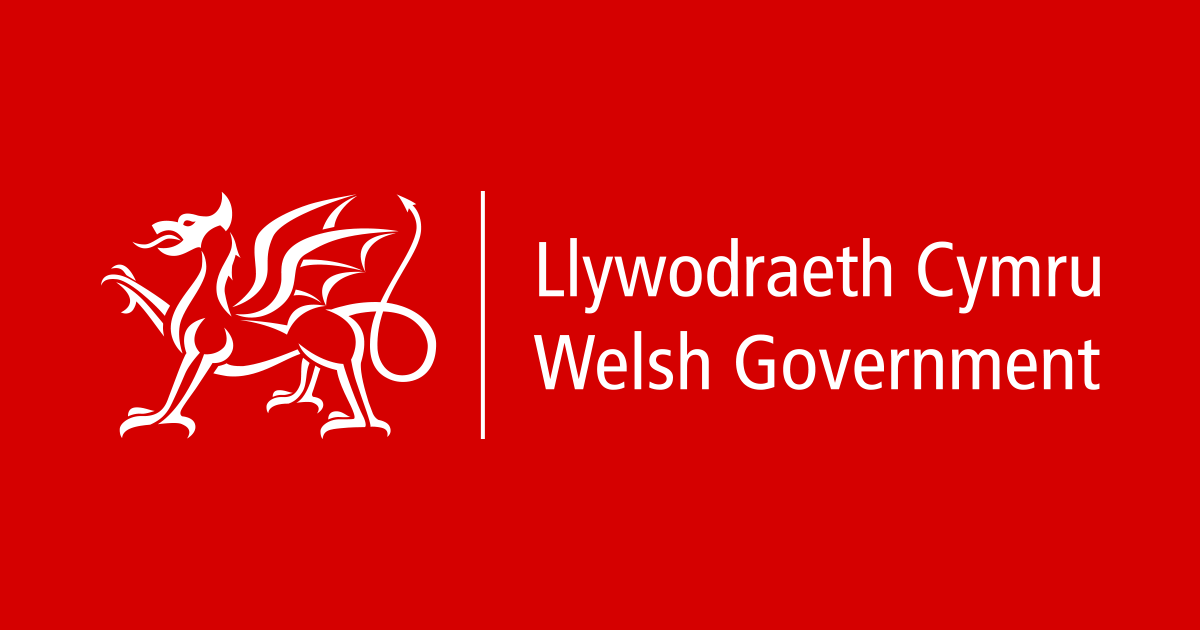
Rory Stewart is a proponent, local authorities and charities everywhere are shifting to a cash first approach, and Andy Burnham, the mayor of Greater Manchester, said UBI was an idea “whose time has come [...] A universal basic income will put a solid foundation beneath everybody so that they can have a life with security and stop worrying about everything.”
Why not just adapt the benefits system that we already have?
‘Means testing’ welfare to only give to some of us rests upon the notion that that it is cheaper and more efficient than a universal benefit.
Neither is true.
We know our welfare system currently fails to do what it says on the tin: support the most vulnerable. In fact, every year 19 billion pounds of benefits go unclaimed by those who are entitled to them - a sum you might consider enough to fund a basic income scheme on its own.
Meanwhile the juggernaut of a system that we currently have in place to assess eligibility, and scrutinise and police those that do manage to make a claim, is not only unjust, it is wildly expensive as well.
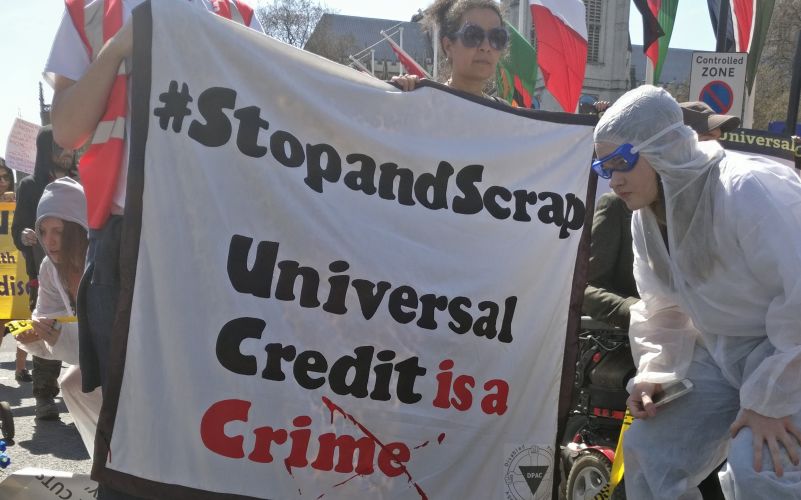
In contrast, there is a great deal of evidence that UBI can reduce the cost of that bureaucracy, while efficiently reducing poverty.
And the thing about poverty is, it’s really expensive. Reducing it is not just a ‘nice to have’.
Currently, poverty costs the UK £78 billion every year largely in health. Child poverty – with its long term impact on our economy and prospects as a country, cost us £39 billion in 2023

Providing financial security for everyone builds resilient economies. With one in five people unable to afford the basics, the UK is facing the biggest drop in living standards since World War Two. Social care services are now beyond breaking point - and despite selling off £15 billion of public assets since 2010 to make ends meet, nearly a quarter of all local authorities now expect to be insolvent within the year.
We know the cost of living crisis raises not just the spectre of mass evictions, but also a health emergency, linking the stresses of debt, poor diet and poor quality housing without heat. If we’re trying to reduce the cost of poverty to the NHS (and, apparently, we are), it shouldn’t be an eye wateringly difficult decision to - well, reduce the poverty.
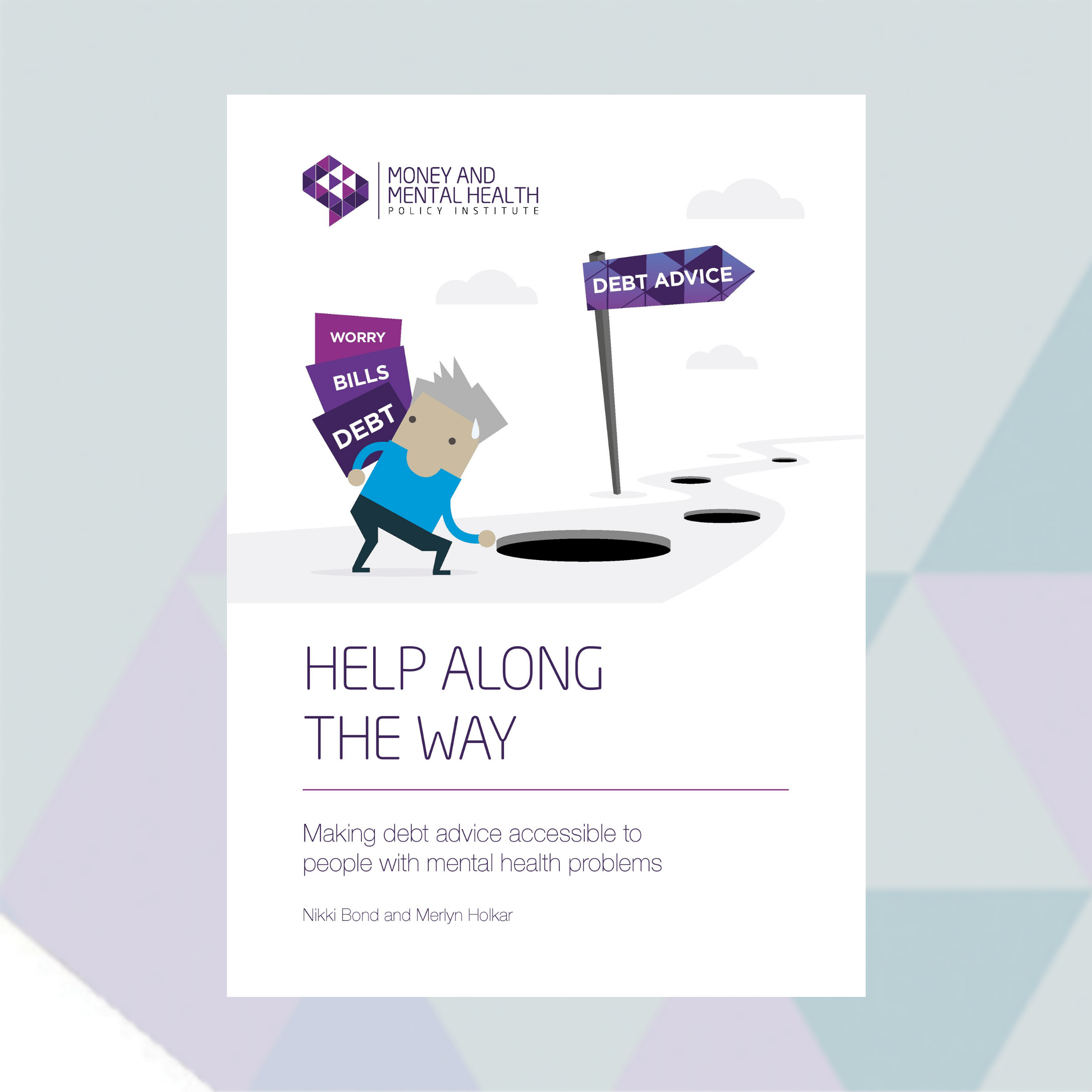
Lack of money is the thread that connects everything currently overwhelming public services, from health to work to raising a family. If, as it seems, we must think of public spending in terms of efficiencies, then we must understand that investing in our most valuable resource - people - brings the highest returns.
Wouldn't everyone just waste the money on booze and takeaways?
— or sit around not working?
Contrary to what the tabloids tell us about ‘benefits scroungers’, poverty is not a lack of character. It is a lack of cash.
There is already a vast bank of evidence, both abroad and right here in the UK to show that when given money directly, people with scarce resources spend it well, making lasting improvements to their health, education, income and self-reliance - even where essential services are struggling.
UBI does not automatically result in people choosing unemployment. In fact, cash payments and support that helps people feel in control of their lives can actually make it more likely that they will move into work or training, volunteer, eat more healthily, and even stop smoking.
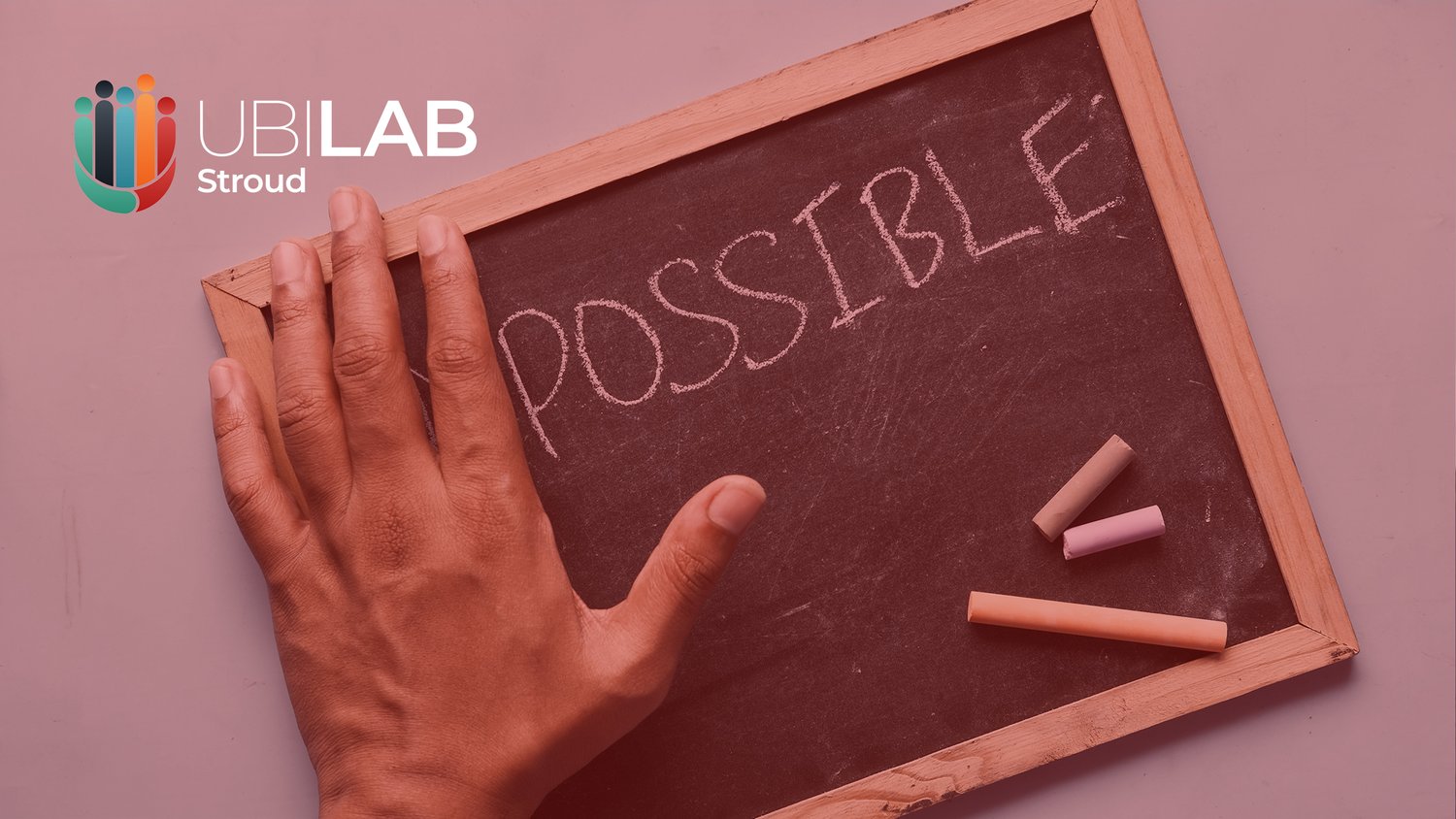
A basic income can, for the first time in millennia, place a meaningful financial value on the vital work done by unpaid carers, and ensure a basic standard of living for those who are sick or vulnerable.
Basic income will help us re-evaluate what ‘work’ really is - and with the advent of Artificial Intelligence and workplace automation that’s a conversation we really need to have.
A good place to start is by asking ourselves what a guaranteed income floor would mean for ourselves, our own neighbourhood, and our children and grandchildren (and if you want some ideas, there are 17,000 examples here.

Why Stroud?
Stroud has already established itself as a home for UBI. A cross party motion to trial UBI was passed in 2020, and there is support for some version of it here from most of the major parties. More than that - there is undeniably something a little different about the way Stroud works.
Going into these unprecedented challenges, the media narrative is that the less everyone has, the more divided we become – when it comes to ensuring that everyone simply has enough to cover the very basics in the sixth largest economy in the world, the official story is that there isn’t the money. And even if there was the money, some people don’t deserve it. The more scarce our resources, the story goes, the more we hoard every crumb that we have for ourselves and fear those who might come and take it.
Well, I was a support worker through the pandemic, I can tell you that Stroud has taken one look at that narrative and chucked it into the River Frome. For the last four years people here have thrown down everything in order to take care of each other. Volunteer hubs have emerged, community kitchens have gone from strength to strength. Food bank parcels, warm spaces, libraries, yard sales, online support groups, the particular magic that happens when we sit, and break bread together.
Faced with the challenges ahead, Stroud has responded not with apathy or fear, but with music and food, with organising, planning and hopeful rebellion. There is, undeniably, something in the water here. It is a place that understands that if you want to imagine a better future, you have to really understand your past. This is a town that knows that whatever happens, we sink or we swim together.
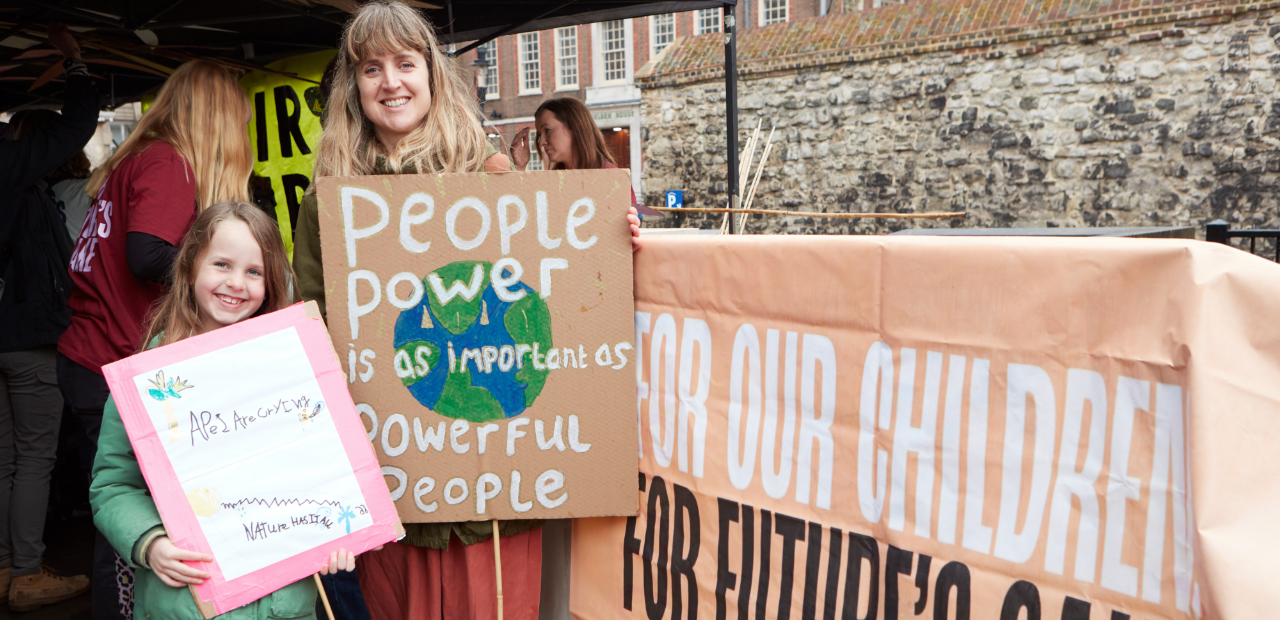
Stroud is a place that understands the power of big ideas, and the things that even a small community of like-minded people can achieve when they really put their minds to it.
This is a place that gathered in its thousands and demanded the right to vote for working men – a town that saw a threat far greater than anything we have ever faced before, the threat to life itself on this planet, and launched, in Extinction Rebellion / XR, a global movement that has changed and continues to change the future of humanity itself.
Stroud has a huge number of entrepreneurs, creatives, caregivers - all robust and powerful doers. Our streets and villages are full of change makers – and all the existing evidence from all over the world tells us, in essence, this: money changes things. Money. No delay, no strings, no judgement - money.
Direct financial payments that allow everyone to cover their needs, coupled with the right support for those who choose it, is the only way to build for the future, rather than pouring resources into an ever-deepening black hole of crisis management.
The societal changes caused by climate breakdown and AI are not just looming, they have begun.
Fiddling with Universal Credit rates and giving out fuel vouchers won’t stop Rome from burning - we must be brave enough to rethink our response to poverty entirely. And not in five years, or two. Right now.
Join the UBI Lab Network or email ubilabstroud@gmail.com to find out about Stroud UBI Lab.








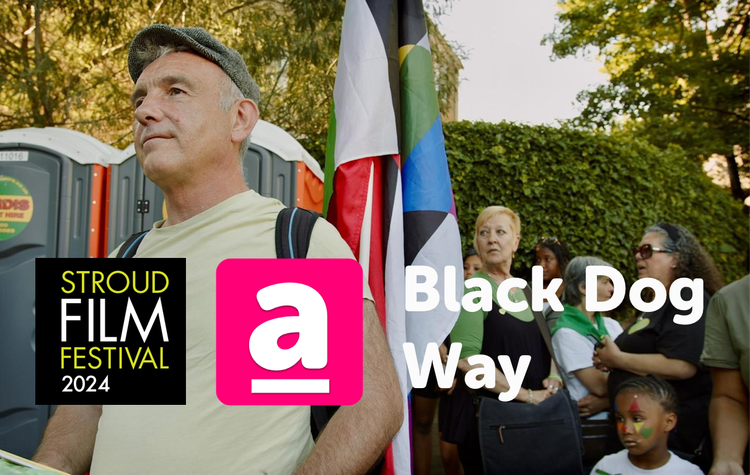

Member discussion